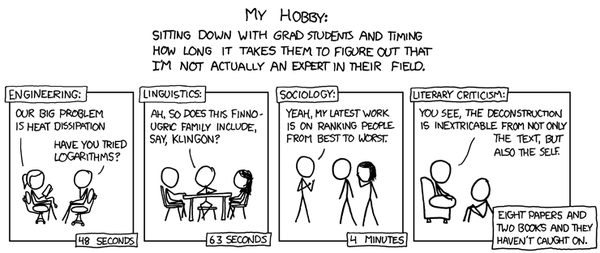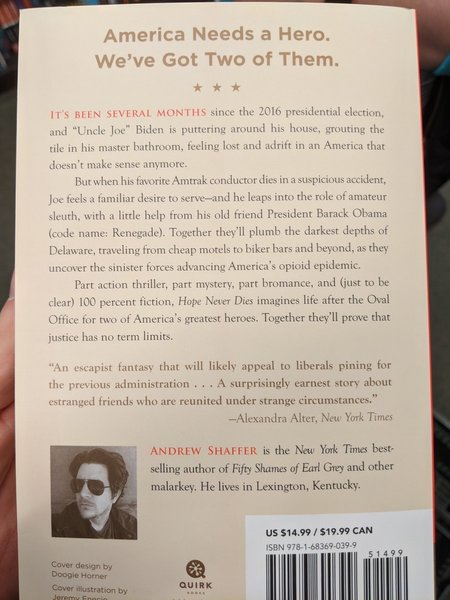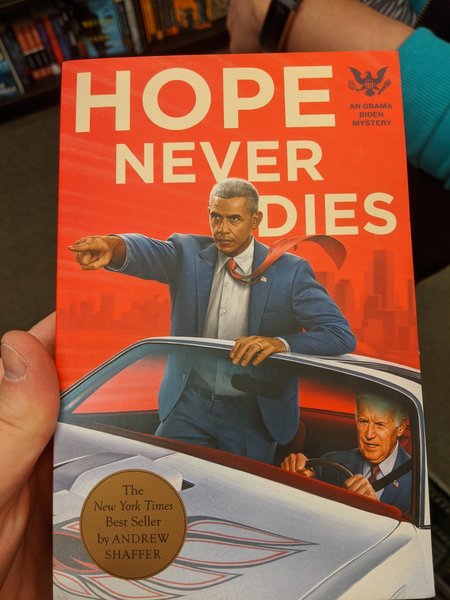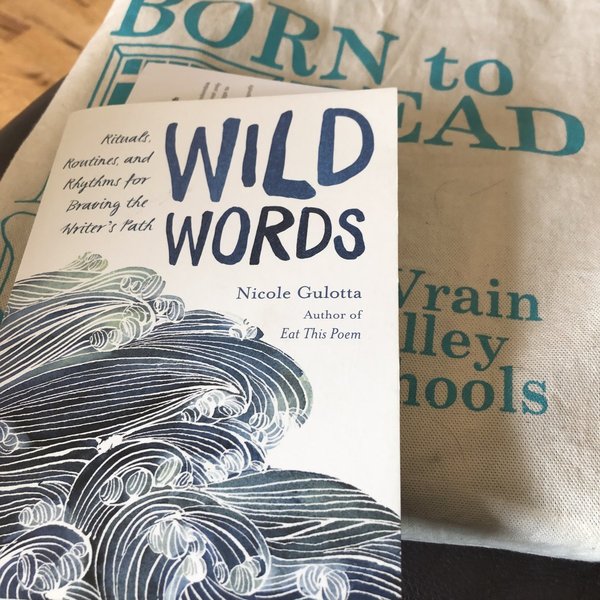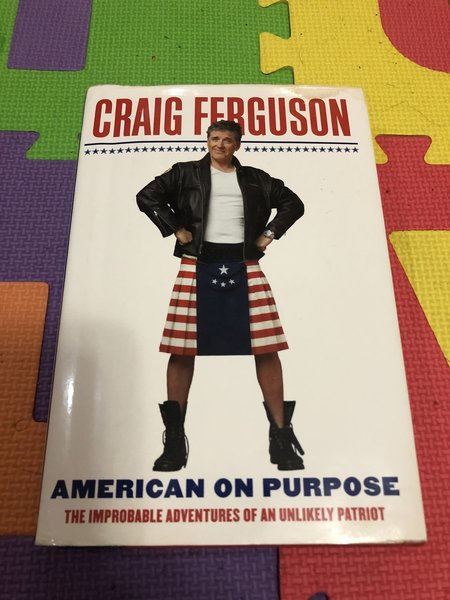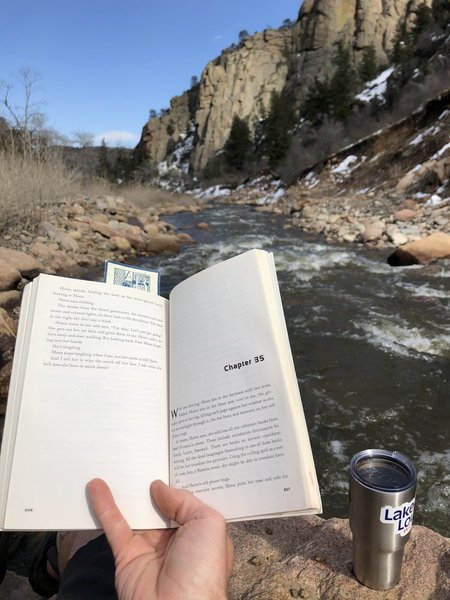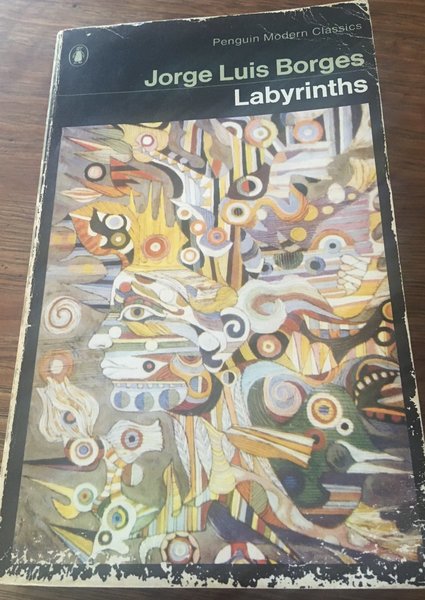FlyingMonkey
Distinguished Member
- Joined
- Sep 5, 2011
- Messages
- 7,131
- Reaction score
- 11,036
13. Agency
Safe to say William Gibson's best is behind him. What a snorefest.
I thought it was definitely a step-down, but in some ways, despite what all the critics seem to think, it is perhaps his most conventionally science fictional novel.


